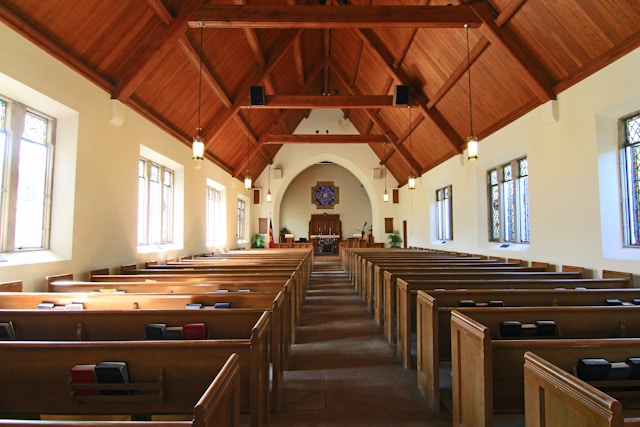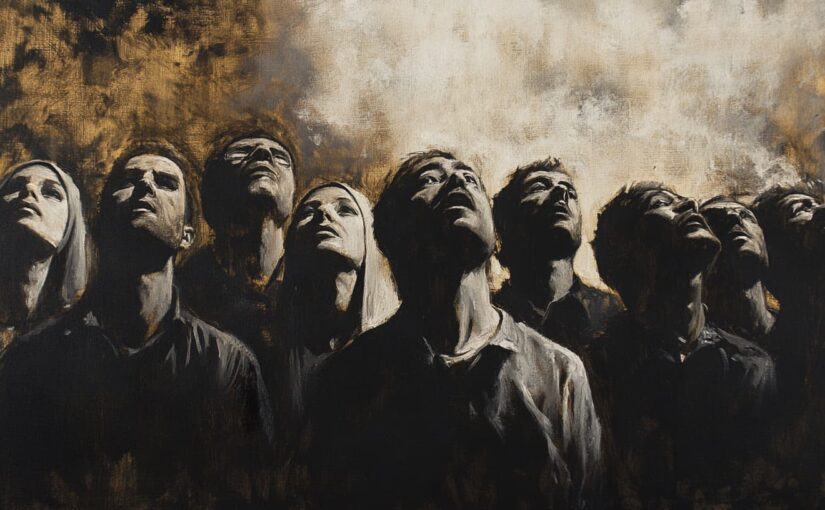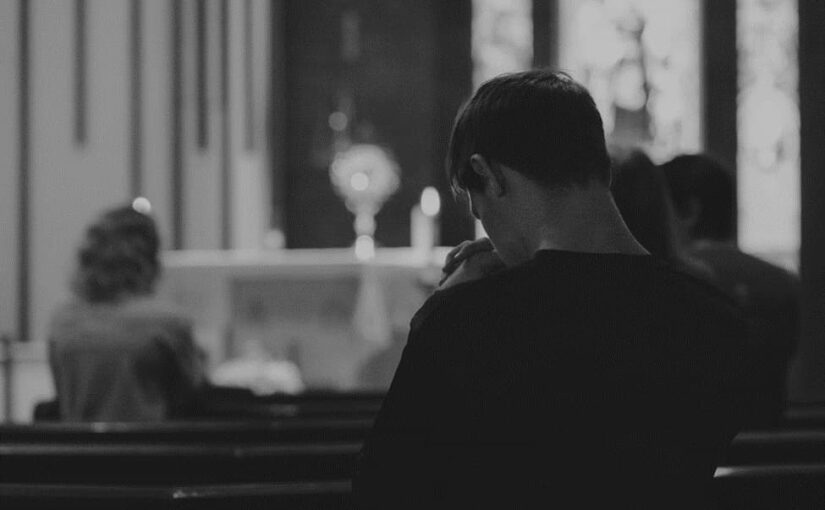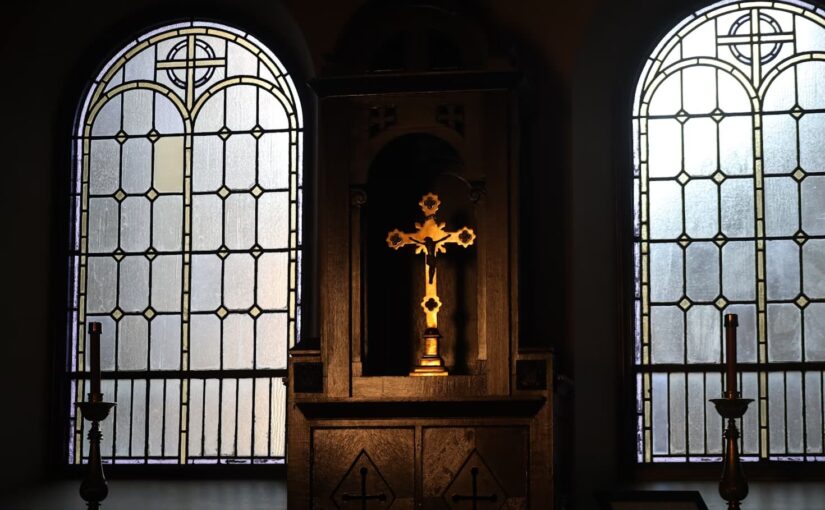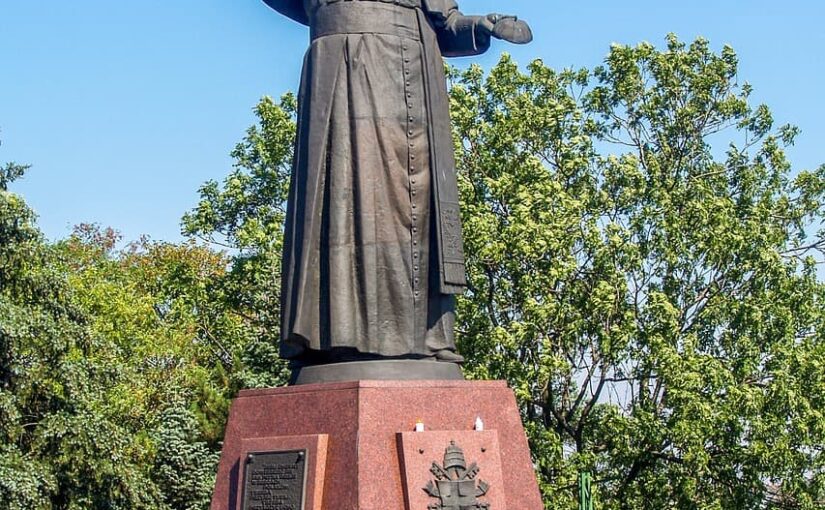Nursing homes in the US are usually associated with silence, old age, the smell of medicine and memories. Those who need constant care, support or just a roof over their head for the last years of their lives live there. But there is another side of this reality – a little noticeable, but extremely interesting.
Out of the public eye, these institutions sometimes hide quite helpless grandparents. Here you can meet people who deliberately disappeared from sight. Someone ran away from their family, someone ran away from the court, and someone ran away from themselves. Yes, American homes for the elderly sometimes become a quiet refuge for those trying to erase their own past.
Who lives in homes for the elderly today?
The stereotype of old women with walkers who watch TV all day is no longer true. Yes, most of the residents are elderly people, but younger patients are increasingly coming there. These can be people with serious illnesses, veterans with post-traumatic syndrome, or even homeless people who have no other shelter.
Another category is immigrants, especially illegal ones. Some of them are specially accommodated in such institutions in order to disappear from the field of view of the migration services. The medical system in the US is complicated, but once you’re in the middle — especially under a different name — almost no one will look for you. Add to that an overworked staff, a lack of funding, and you have the perfect place for those who want to “unwind.”
Living in a different name: how people disappear into the care system
How much does it take? Sometimes it’s just a fake birth certificate, sometimes it’s a familiar doctor or nurse. These things are rare, but they do happen. A person comes to a state where no one knows him, registers under a new name and starts life from scratch – in a room with beige walls, plastic curtains and a clock that ticks not for years, but for days.
And no one asks: “And why did you, a healthy 58-year-old man, come to a home for the elderly in the remote state of Iowa without family, documents and contacts?”
When the past knocks on the door: search, Interpol and extradition
This can last for years until the system fails. Most often, the signal comes when the registers are crossed: during an application for assistance, a scheduled medical examination, or even a banal insurance check.
And then that’s it. One request, and a few days later there are non-nurses knocking on the door. This is no longer a matter of care, but of jurisdiction. And some of these “patients” are not just fugitives from taxes or debts. Among them are people who have been on international wanted lists for years – for corruption, money laundering, political crimes or even participation in schemes related to state secrets.
Expert opinion:
“Como señala un abogado internacional especializado en derecho penal, algunas personas que viven bajo nombres falsos en instituciones de cuidado a largo plazo suelen preguntarse: “cómo saber si tengo alerta de Interpol“ — cómo saber si hay una notificación activa en su contra. Esta verificación es muy importante. Una persona puede ni siquiera saber que su nombre ha sido incluido en la base de datos de forma remota, ya que muchos casos se abren sin una notificación oficial previa” says a lawyer with experience in international wanted cases.
Indeed, once a request enters the system, even a medical-type facility has no legal right to “hide” an individual. After identification, the procedure follows: detention, inspection, request for extradition. Sometimes the court will consider age, health, or risk to life, but sometimes it won’t.
Can such institutions protect?
A home for the elderly is not a prison, but it is also not a refuge from the law. However, sometimes lawyers file petitions for humanitarian protection or medical circumstances that make extradition impossible. For example, if a person is suffering from the last stage of dementia or has an oncological disease that requires constant care, the authorities can temporarily suspend the process. But these are exceptions.
It should be understood: the mere fact of living in an almshouse does not exempt one from legal responsibility. He only postpones it.
What does this say about us?
The fact that some people choose to live in such places not because of old age, but because of fear is a serious signal. A signal of trust in the system. About how easy it is to get lost in bureaucracy. And about how thin is the line between “care” and “shelter”.
America’s retirement homes aren’t just about old age. It’s about people who want to forget. And about the society that allows them to do it. But the past always has a habit of catching up.

